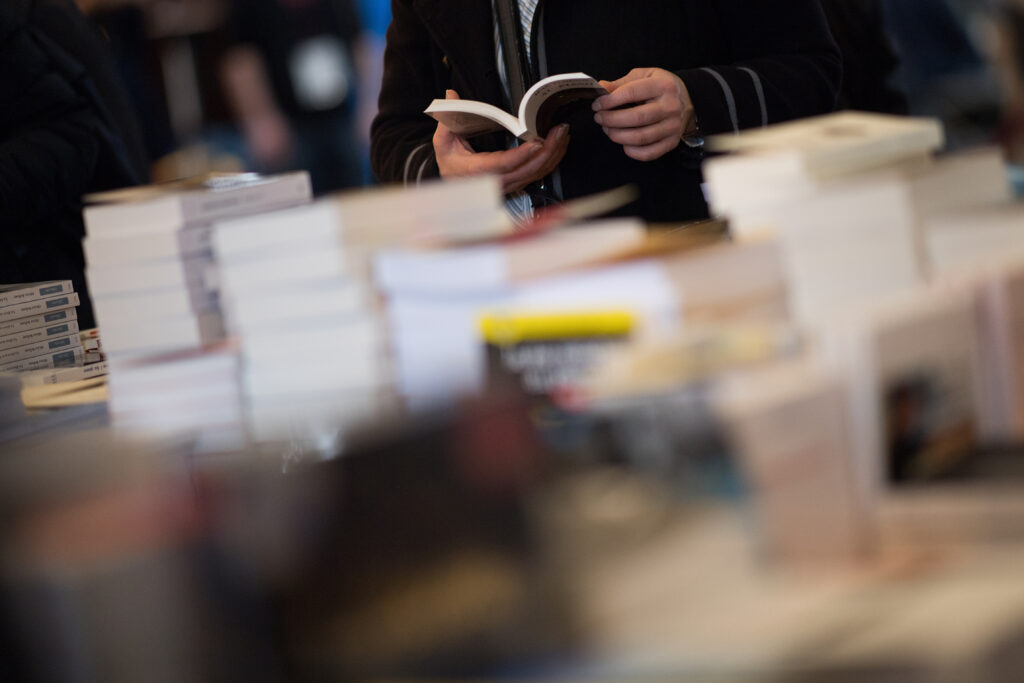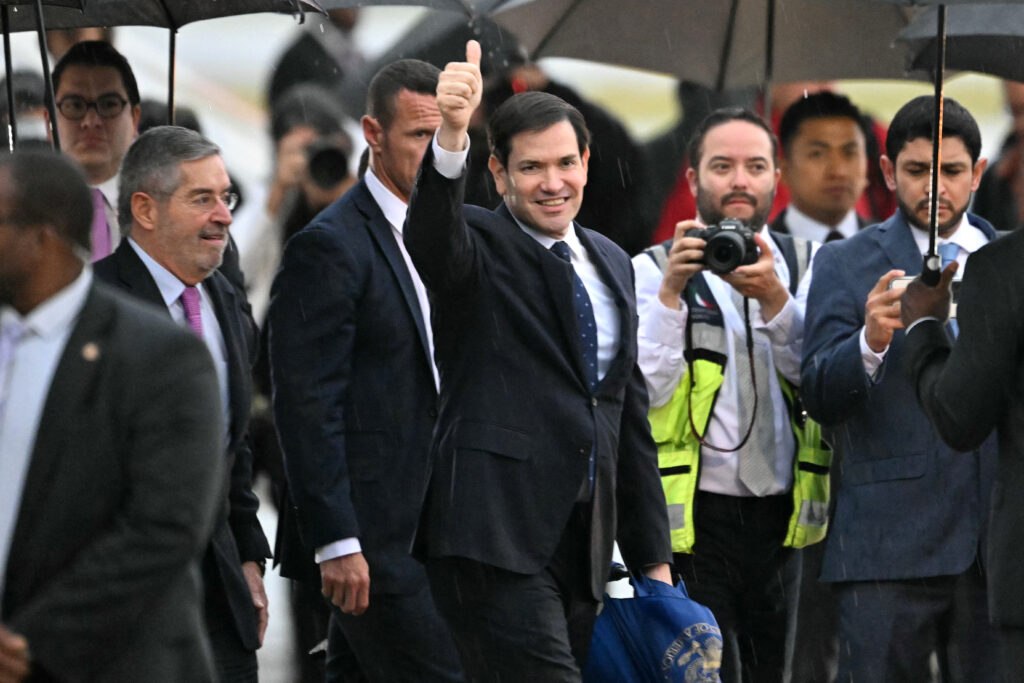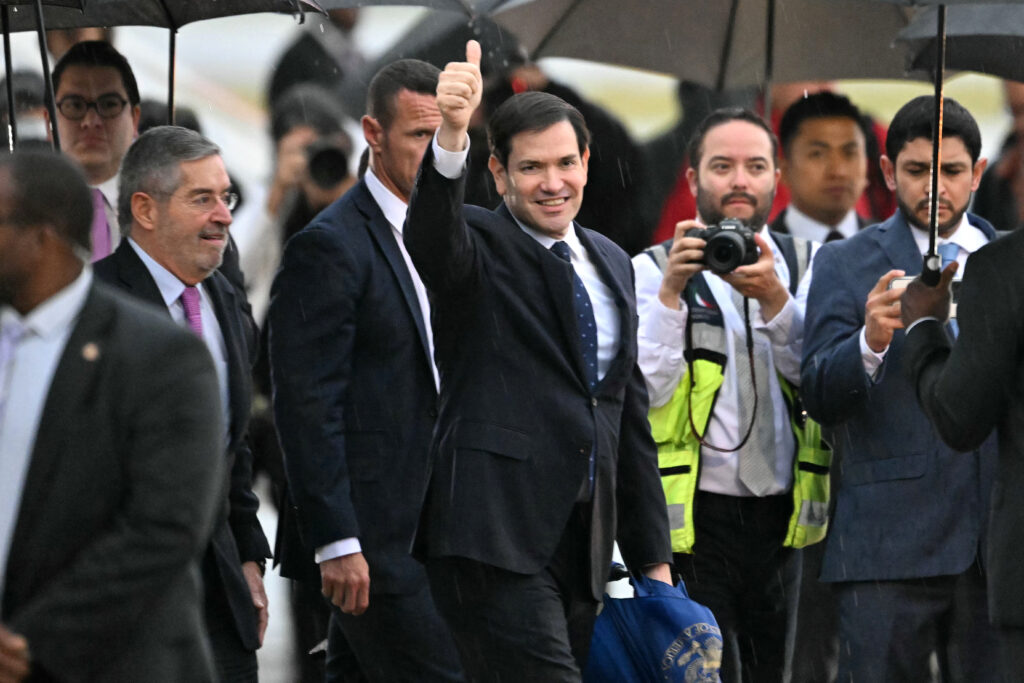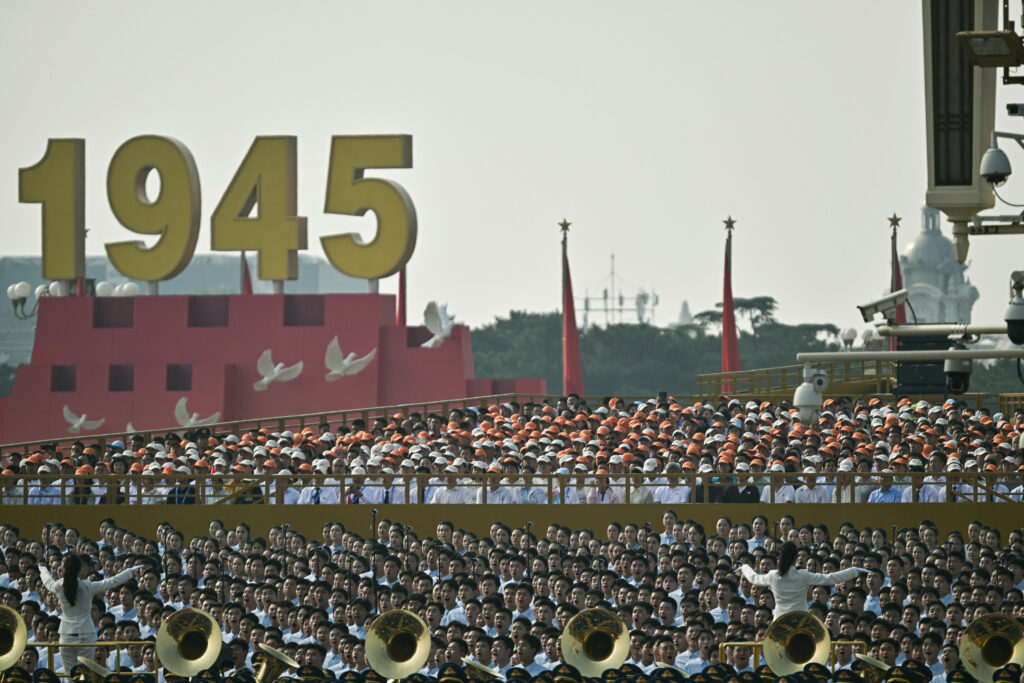Suspense avant la première sélection du prix Goncourt
Qui succédera à “Houris”, le roman de Kamel Daoud sacré en 2024 ? L’Académie Goncourt dévoile mercredi une première sélection de 15 romans, dont l’un décrochera en novembre le plus illustre des prix littéraires français.Attendue en début d’après-midi, la liste sera particulièrement scrutée par les éditeurs et les libraires, mobilisés par une rentrée très chargée avec près de 500 romans publiés entre août et octobre.En attendant les spéculations battent leur plein. En particulier autour des favoris.Le premier d’entre eux est Emmanuel Carrère, dont le roman “Kolkhoze” est extrêmement chroniqué dans les médias. Sont également cités les ouvrages de Nathacha Appanah (“La Nuit au cœur”), Laurent Mauvignier (“La Maison vide”), Anne Berest (“Finistère”) ou Alice Ferney (“Comme en amour”).Mais les dix membres de l’Académie Goncourt, tenus par une obligation de secret, aiment parfois déjouer les pronostics.Ils réduiront le nombre des finalistes de 15 à huit le 7 octobre, puis à quatre le 28 octobre. Avant de décerner le prix le 4 novembre au restaurant Drouant, en plein centre de Paris, selon une tradition bien établie.- L’impact du bandeau rouge -L’heureux lauréat ne reçoit qu’un chèque de 10 euros. Mais le Goncourt lui offre à la fois une certaine notoriété et la promesse de vendre plusieurs centaines de milliers d’exemplaires grâce à l’effet catalyseur du fameux bandeau rouge apposé sur la couverture du livre.Initiés par des médias, des collectivités, des festivals ou des associations, le nombre de prix littéraires n’a cessé d’enfler ces dernières années, avec une crédibilité plus ou moins forte. Outre le Goncourt, les plus suivis sont le Grand Prix de l’Académie française, le Femina, le Médicis ou le Renaudot.Malgré leur médiatisation, les prix restent ignorés par une grande partie des lecteurs, qui privilégient les auteurs considérés comme plus grand public comme Mélissa Da Costa, Guillaume Musso ou Joël Dicker.”Ce n’est pas très grave” de ne pas avoir le Goncourt, confiait fin août sur France Inter l’autrice belge Amélie Nothomb, dont le dernier roman, “Tant mieux”, figure en tête des meilleures ventes.Le Goncourt a parfois cherché à tordre sa réputation d’élitisme, notamment en décernant son prix en 2022 à “Au revoir là-haut”, de Pierre Lemaître, un écrivain ayant découvert tardivement l’écriture et le succès grâce au polar. Hasard du calendrier, le Goncourt sera remis quatre jours avant la mise sur le marché du dernier roman de l’Américaine Freida McFadden (“Le Boyfriend”) et de la version en poche du troisième tome de sa saga de “La Femme de ménage”, avec des tirages initiaux de 350.000 et 500.000 exemplaires respectivement, selon son éditeur.Cette autrice, inconnue il y a deux ans, a placé tous ses derniers thrillers psychologiques en tête des meilleures ventes en 2024 et depuis le début 2025.






